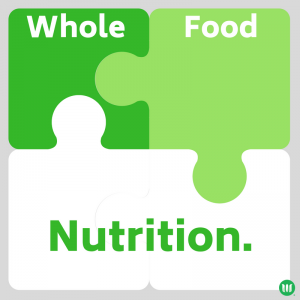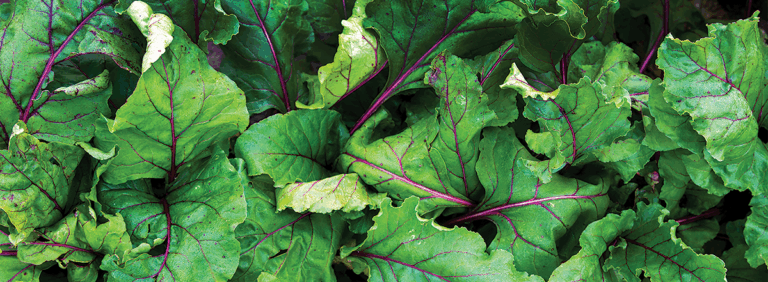Whole Food Magnesium is the Key
Summary
Whole foods offer unique access to essential nutrients that work with other nutrients, vitamins and minerals, and phytonutrients to support the body.
A diet based on whole foods is vital for individuals to manage and optimize their personal health status. Whole foods offer unique access to essential nutrients, like magnesium, which work with other nutrients, vitamins and minerals, and phytonutrients to effectively support body systems. Magnesium is just one piece of the puzzle, offering bone support, alleviation of stress and depression, and improved migraine symptoms – all in the form of energy production, DNA and RNA synthesis, muscle contraction and relaxation, and more.
The Whole-Food Philosophy
A whole food-based diet can allow adequate consumption of magnesium (and other nutrients), while a Standard American Diet (SAD) focused more on refined grains and processed foods inhibits individuals from accessing enough magnesium. This important nutrient is found in green leafy vegetables, fruit, nuts and seeds, legumes, and seafood – and it is not the only one. A diet that relies heavily on vegetables and fruits provides the nutrients, vitamins and minerals, and phytonutrients vital for a healthy body. Swapping a diet dependent on refined grains and processed foods for a diet packed with more nutrient-dense foods and any additional supplements could help people benefit from everything magnesium and other nutrients have to offer.

Why Supplement?
Plant-based magnesium supplements take nutrients from naturally occurring sources of magnesium, like Swiss chard. Why use them to augment a whole food-based diet? First, the SAD lacks sufficient levels of many essential nutrients, magnesium included. Supplemental magnesium can help people deficient in the nutrient to achieve a healthier magnesium status.
Additionally, research shows that there have been reductions in magnesium content in food over the past several decades, likely due to changes in the soil, modern cultivation practices, and food processing and refinement. So even for those people who can successfully maintain a diet packed with vegetables and fruits, obtaining enough magnesium can be difficult for this reason. Supplementing the diet with extra magnesium can help people overcome these obstacles, bridging the dietary gap between plants rich in magnesium and the general population.




